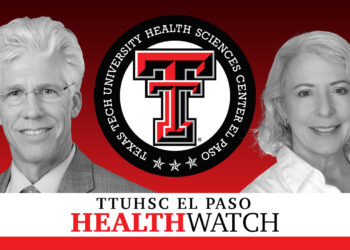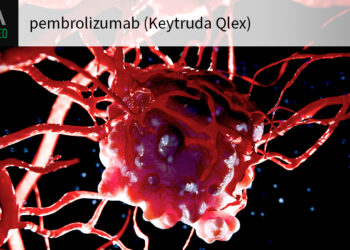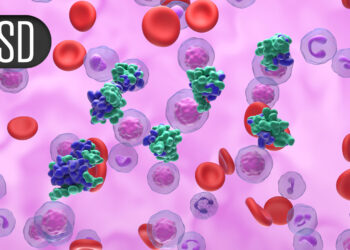Exertional heatstroke (EHS) is a life-threatening condition that requires immediate intervention. Unlike classic heatstroke, which mostly affects older adults or people with underlying health issues, EHS can affect healthy, young, and athletic individuals, even at moderate temperatures. A recent review in Journal of Critical Care highlighted the importance of early recognition and rapid response, especially for intensive care doctors.
Unlike classic heatstroke, EHS can occur in young, healthy individuals and in temperate climates when heat production exceeds the body’s ability to dissipate heat. Rising global temperatures and increased participation in endurance events are contributing to the growing incidence of EHS. Early recognition and rapid cooling are essential to prevent multiorgan failure and death. Whole body cold-water immersion is the gold standard treatment, and the principle of “cool first, transport second” is key to improving survival. In-hospital care focuses on continued cooling when necessary and managing complications, such as acute kidney injury, coagulopathy, liver dysfunction, and neurological impairment. It is a time-dependent condition that can rapidly progress to multiorgan dysfunction syndrome, with mortality rates reaching up to 26.5% if not promptly recognized and treated, the study stated.
The intensivist’s role spans the entire survival chain, from providing expertise in prehospital care and initiating cooling strategies to managing ICU complications and planning long-term rehabilitation.
Even after the immediate crisis, the risk does not necessarily disappear. According to the authors, survivors sustain lasting cognitive and motor dysfunctions, with cerebellar syndromes predominating. Additionally, patients with severe EHS appear to have a significantly increased risk for cardiovascular events, possibly by myocardial degeneration.
EHS is not limited to extreme sports or tropical climates; it is a serious medical emergency that can affect anyone. Intensive care physicians must be prepared to recognize early warning signs, respond swiftly and consistently, and coordinate with prehospital care teams to save lives and minimize long-term damage.
As cases of EHS continue to rise, the authors emphasized that increased awareness and preparedness are critical to ensuring timely, effective treatment and better patient outcomes. This applies not only to medical professionals but also to organizers of major athletic activities and emergency response teams. Standardized procedures for on-site temperature measurements and cooling must be established.
This story was translated from Univadis Germany.
Source link : https://www.medscape.com/viewarticle/cool-first-transport-later-saving-heatstroke-patients-2025a1000hv7?src=rss
Author :
Publish date : 2025-07-07 06:42:00
Copyright for syndicated content belongs to the linked Source.












